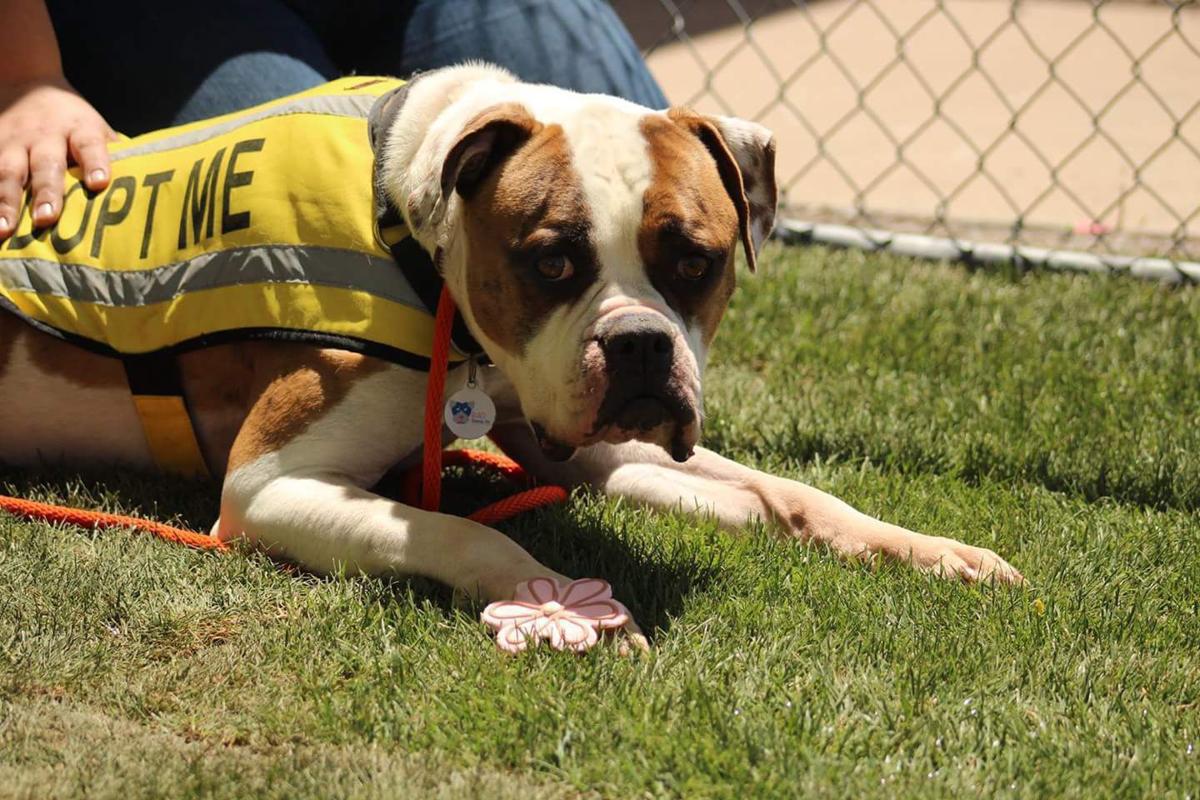A group of SaddleBrooke residents is holding a campaign to help pay off some of the debt of Tucson animal rescue groups that racked up more than $360,000 in veterinary bills last year.
The SaddleBrooke Pet Rescue Network was formed six years ago by five women who wanted to help rehabilitate and find homes for unwanted pets.
“Our primary mission is to help local rescues and (Pima Animal Care Center) rehabilitate their pets and the way that we do that is primarily through fundraising to aid local rescues and volunteering at PACC,” said Leslie Rocco, one of the group’s founders.
The network has found homes for more than 800 animals, donated $87,000 to the Pima Animal Care Center and local pet rescue groups and volunteered more than 23,000 hours of members’ time.
In early 2016, after raising $10,000 for local groups, board members decided they wanted the money to make the biggest impact possible. In talking to a veterinarian and researching the situation, they learned that 14 rescue groups had accumulated $240,000 in vet bills in 2015.
They launched the “payoff vet debt” campaign — Tucson’s only multi-group fundraising effort — last summer and asked Tucson residents to match the $10,000 in donations. At the end of the 30-day fundraiser, SaddleBrooke Pet Rescue Network was able to donate $22,500 to rescue groups in Pima County, Rocco said.
This year, the network is asking Tucsonans to match $15,000 in donations by July 15.
“We’re saying to Tucson, if SaddleBrooke can come up with $15,000, surely Tucson can come up with the same,” Rocco said.
In 2016, local rescue groups accumulated roughly $360,000 in vet expenses to save 2,200 pets. While that figure sounds high, it works out to about $163 per animal, which is typically the cost for a spay or neuter surgery and vaccinations, said Jan Pede, a network co-founder.
“As a consequence of becoming a no-kill county, you’re saving dogs that have medical problems and behavior problems that would not have ever been considered to be saved,” Pede said.
Sheltering is not the ideal situation for dogs with serious medical problems, so rescue groups have been pulling the dogs from the shelters and taking on their care, Pede said.
“It’s just a different scenario than five years ago where rescues were pulling dogs that were highly adaptable just to save them because of time and space,” Pede said. “Time and space are no longer the huge issue.”
SaddleBrooke Pet Rescue Network will be donating money from the campaign evenly among 11 local rescue groups, and the funds will be paid directly to their vet accounts.
The network is donating administrative costs for the campaign so 100 percent of the donations will go to paying off debts.
“We’re excited about it working last year, and it definitely had an impact on the groups,” Rocco said. “It was an eye-opener to us to see how much financial outlay there is. When they rescue a pet, they have no idea what they’re getting into, so it makes you admire them even more.”
As a requirement to participate in the fundraiser, the rescue groups had to have accumulated at least $10,000 in vet bills in 2016, although many groups had bills that far surpassed that number, including Lil Bit of Love group, which told Rocco it spent $100,000 in vet bills last year.
“We view it as a community problem and issue, and if we’re going to be a no-kill community, we need to support these people who are doing good work,” Pede said.
The network wants to reach a large audience on social media and are asking people to like or share their Facebook page to get the word out.





